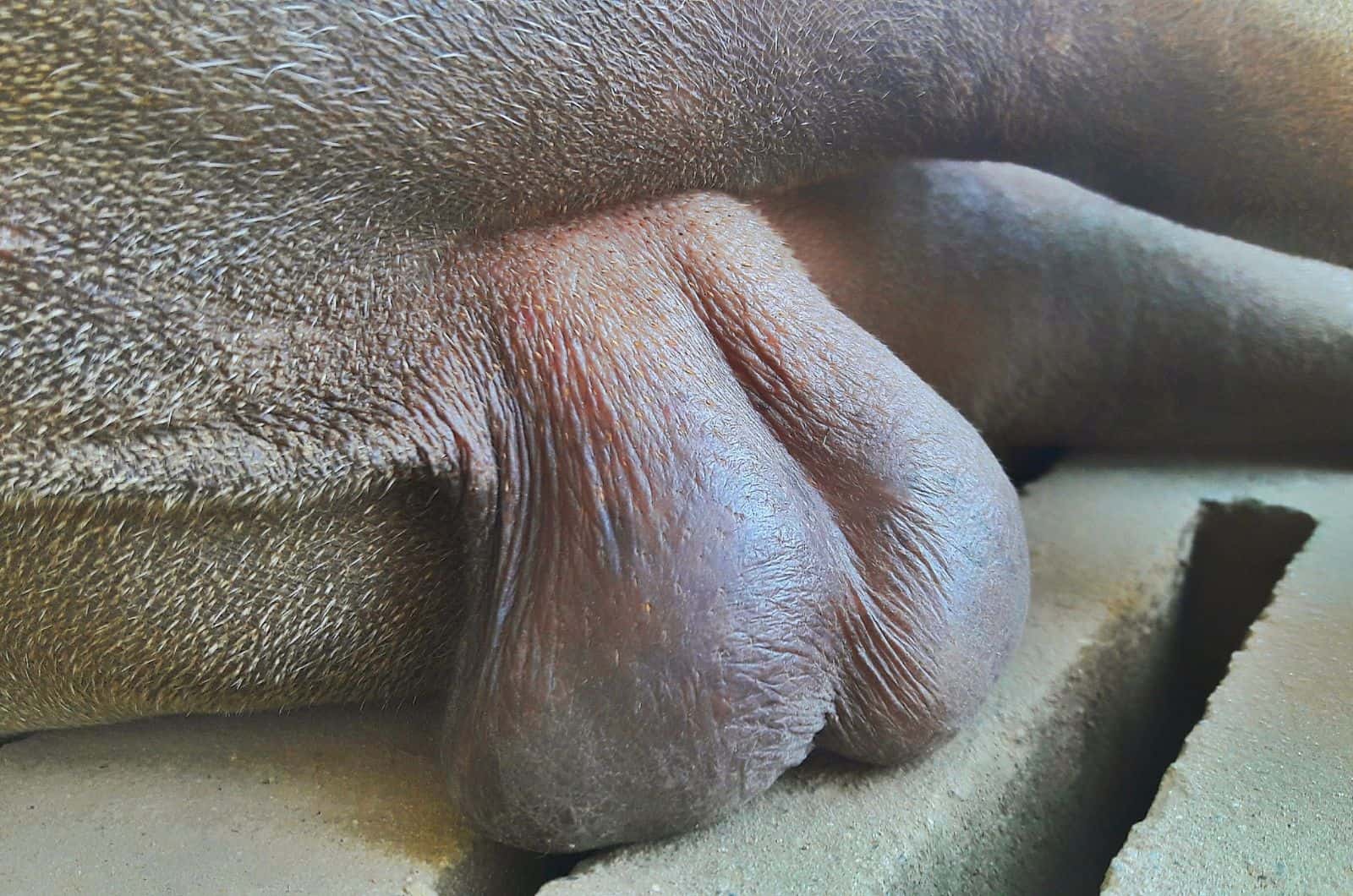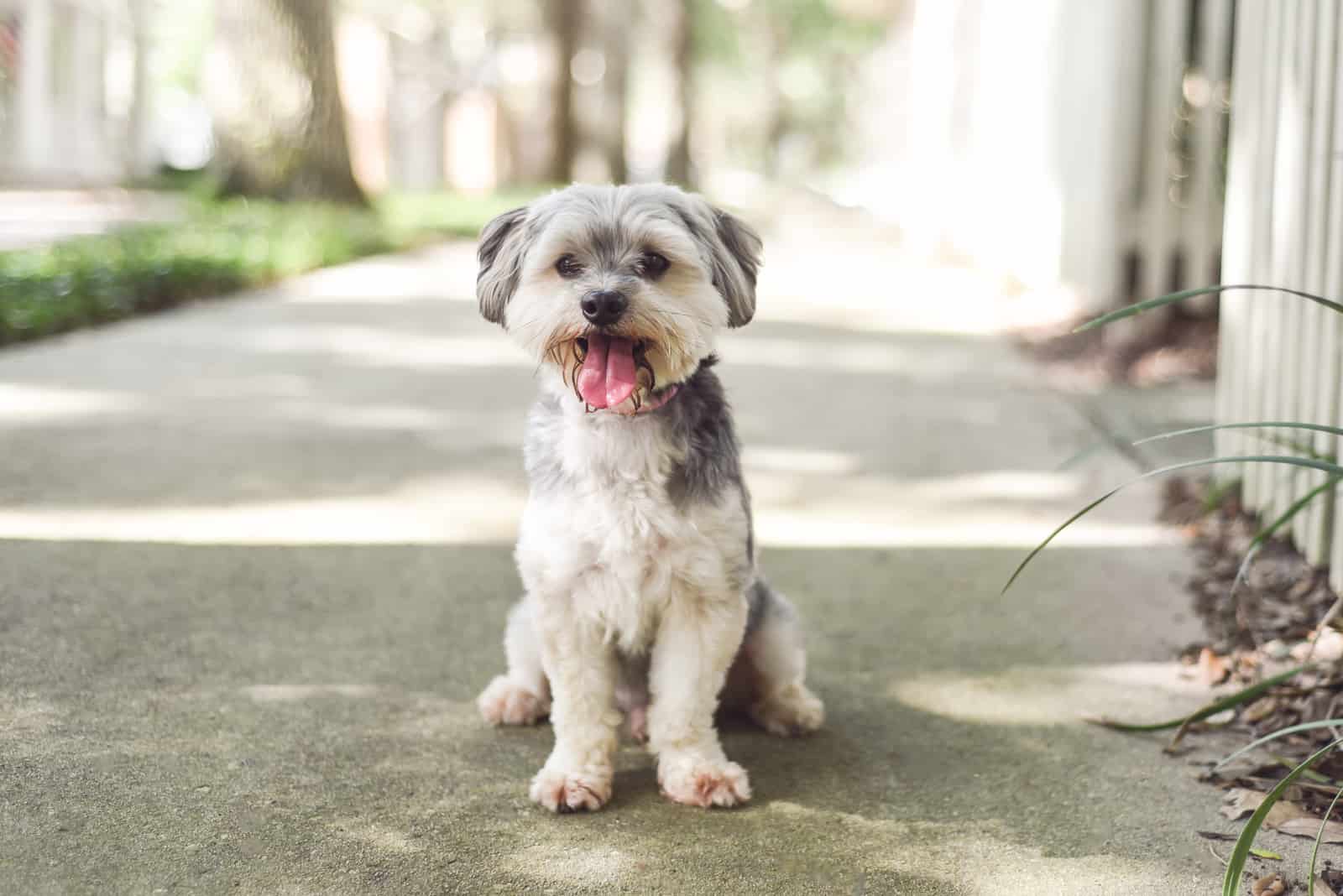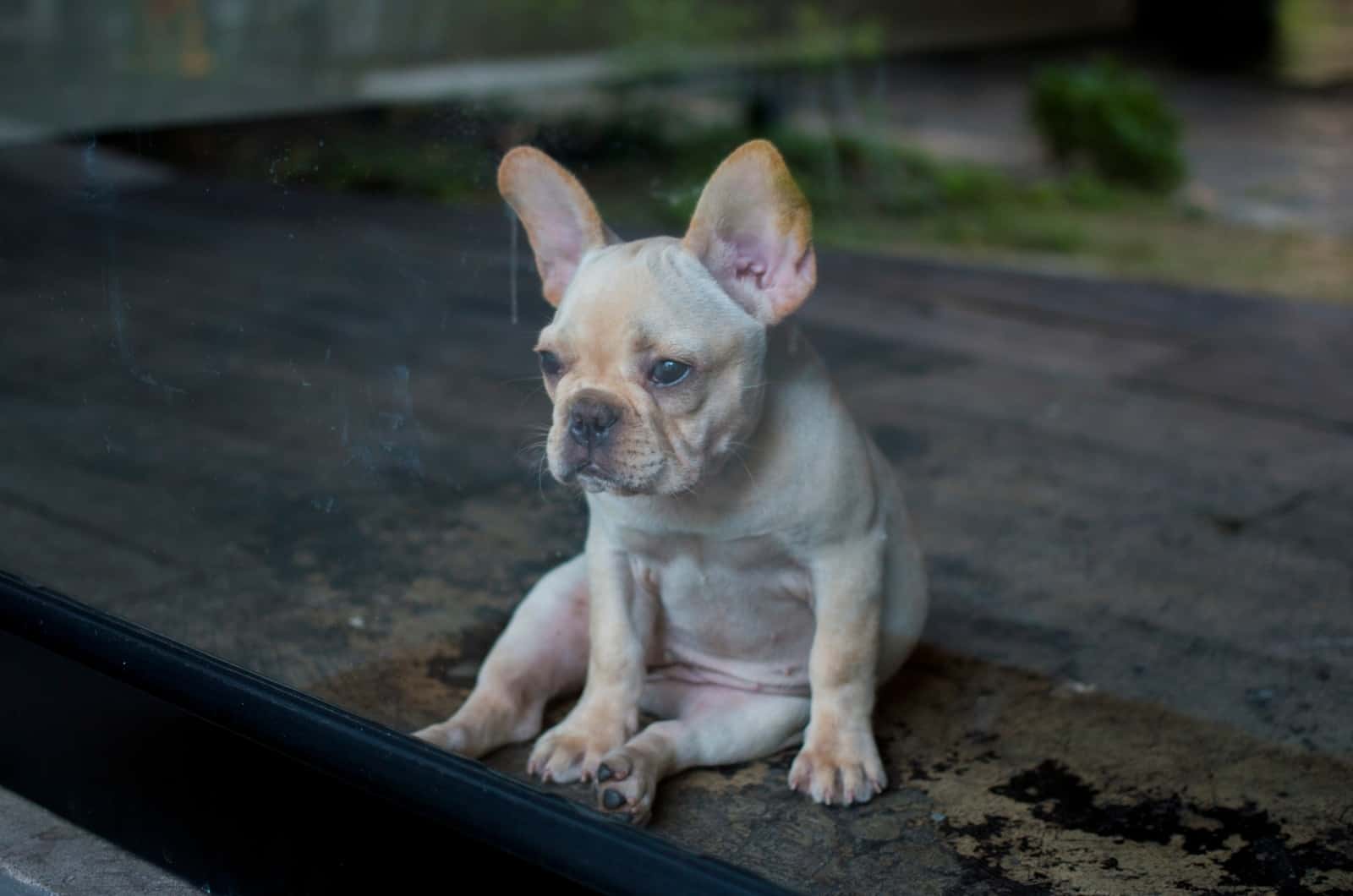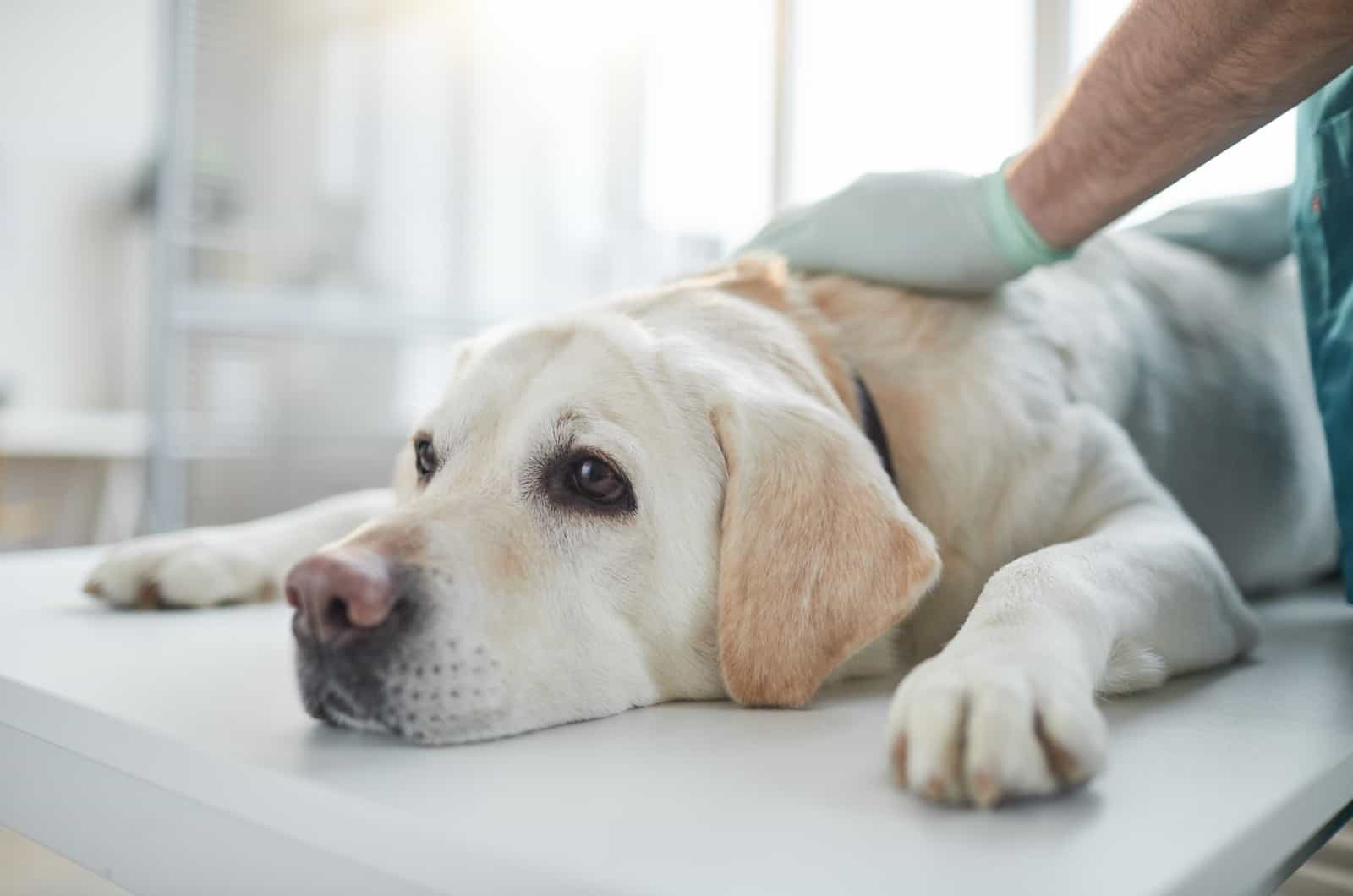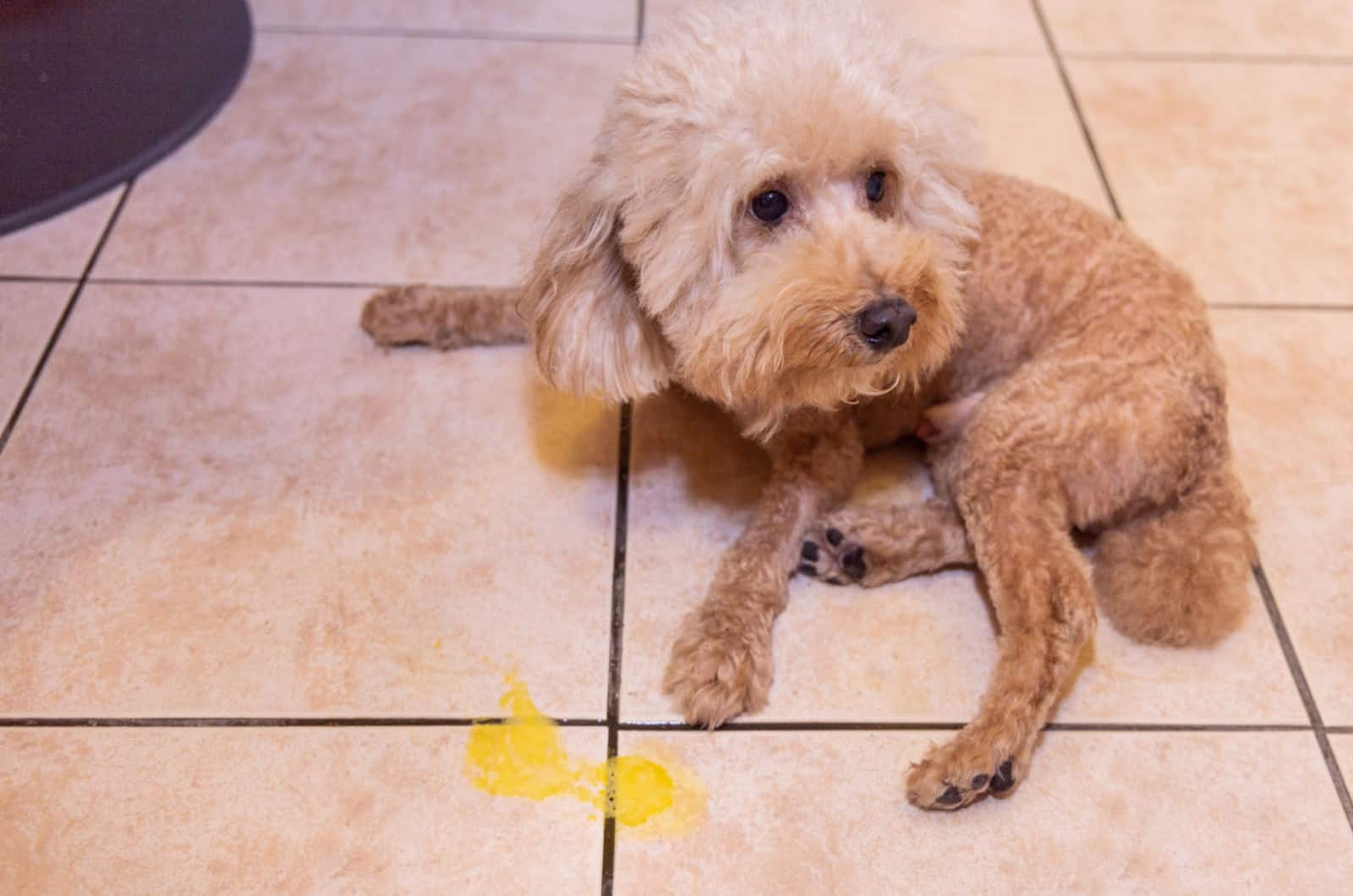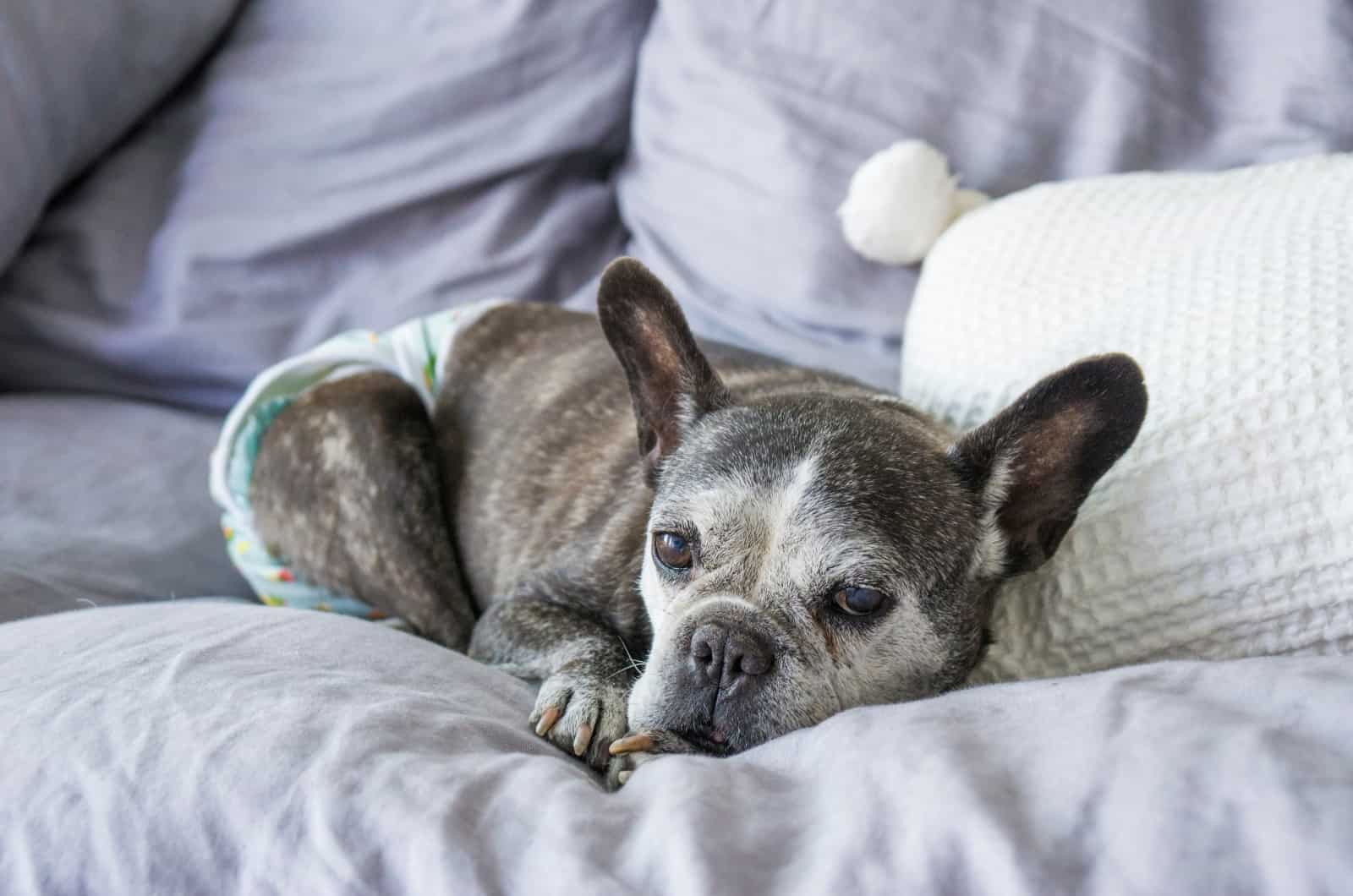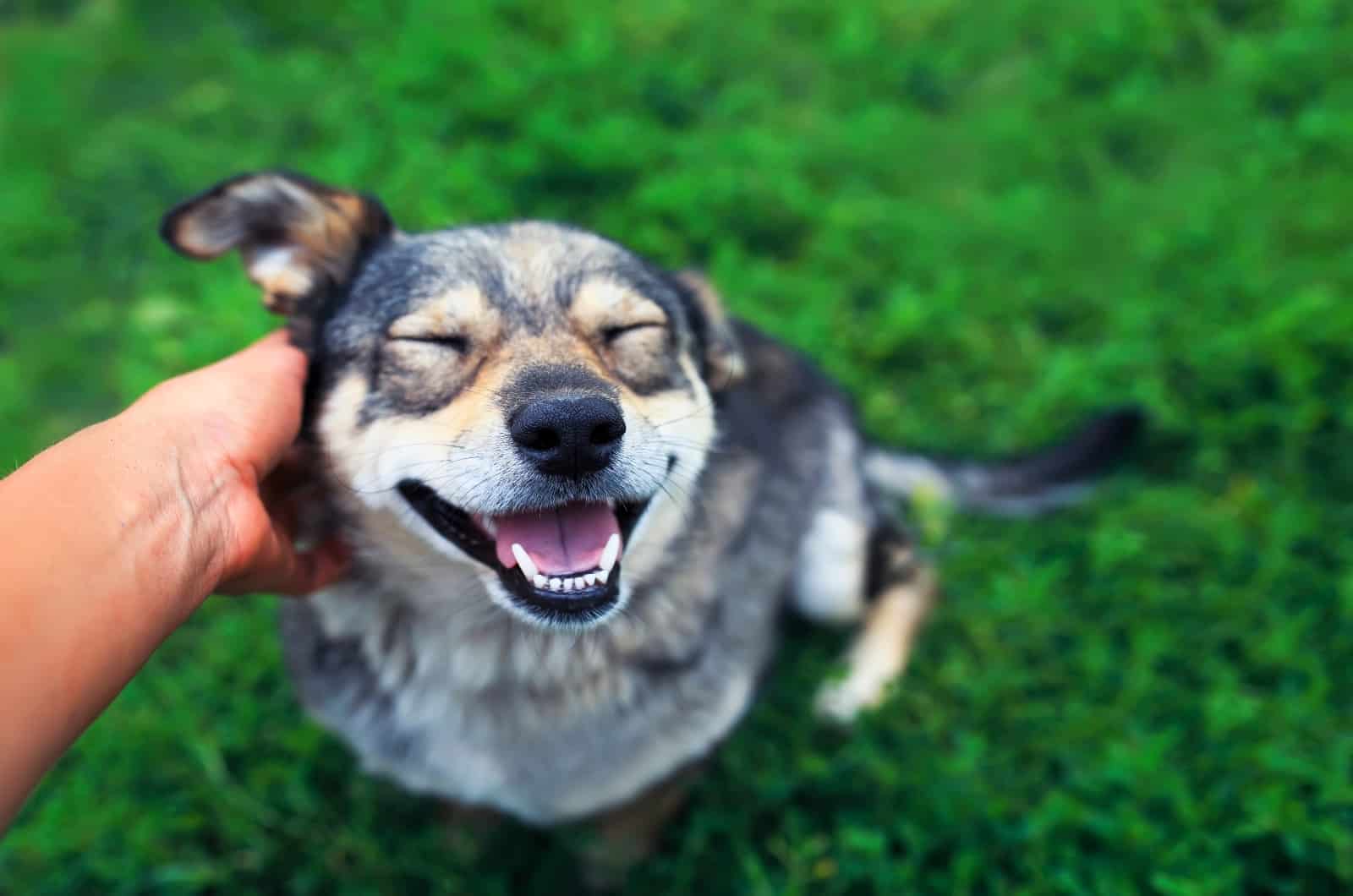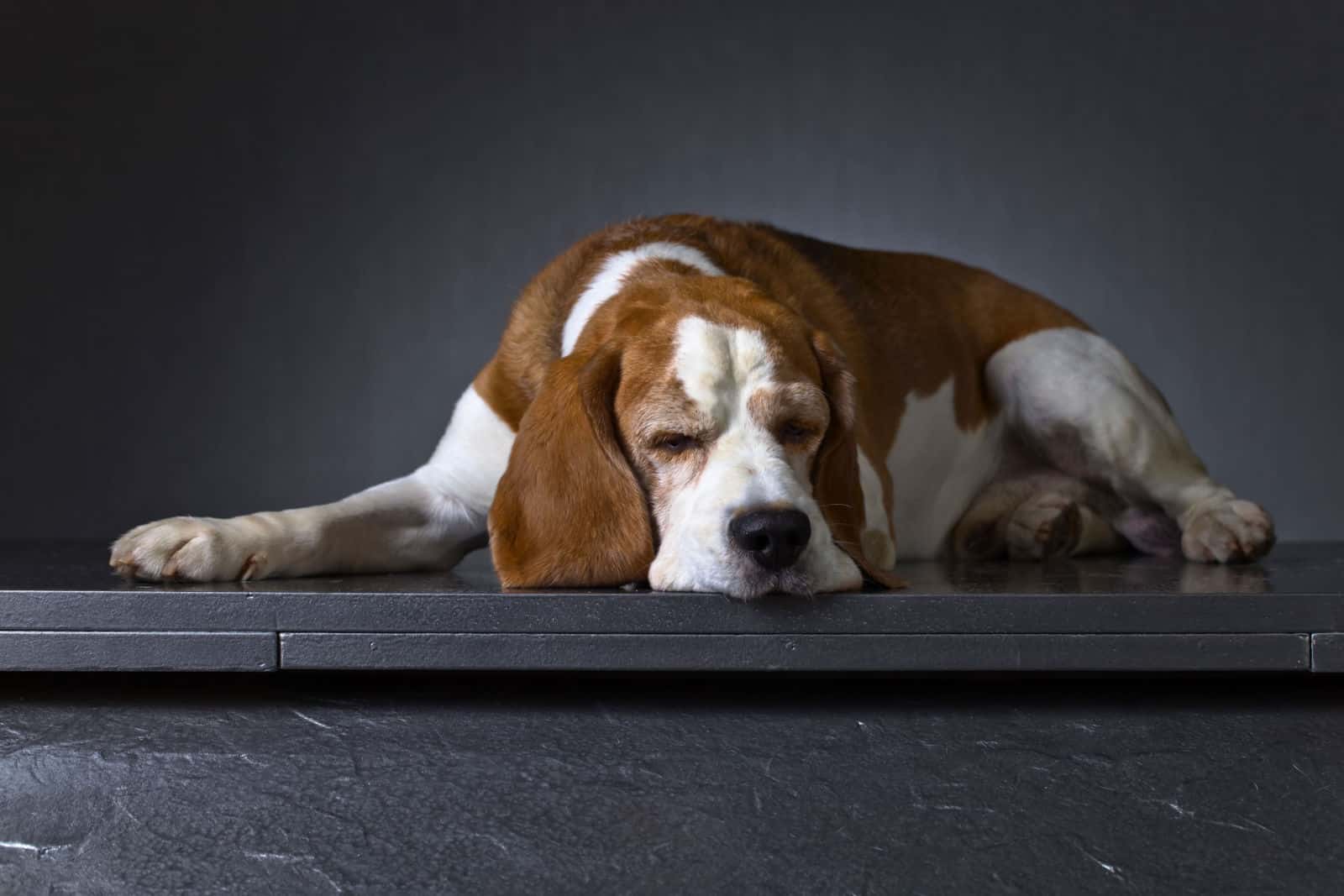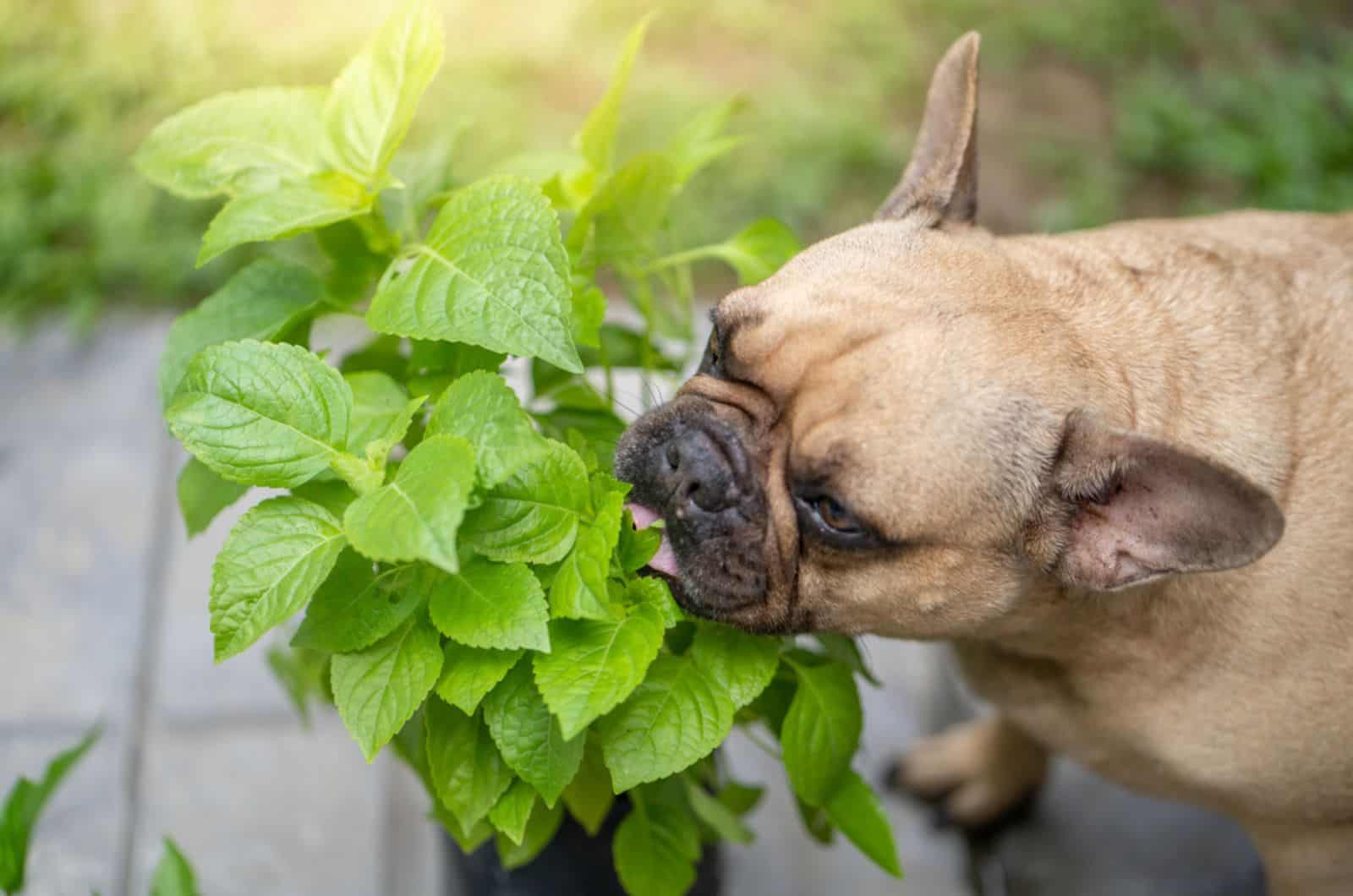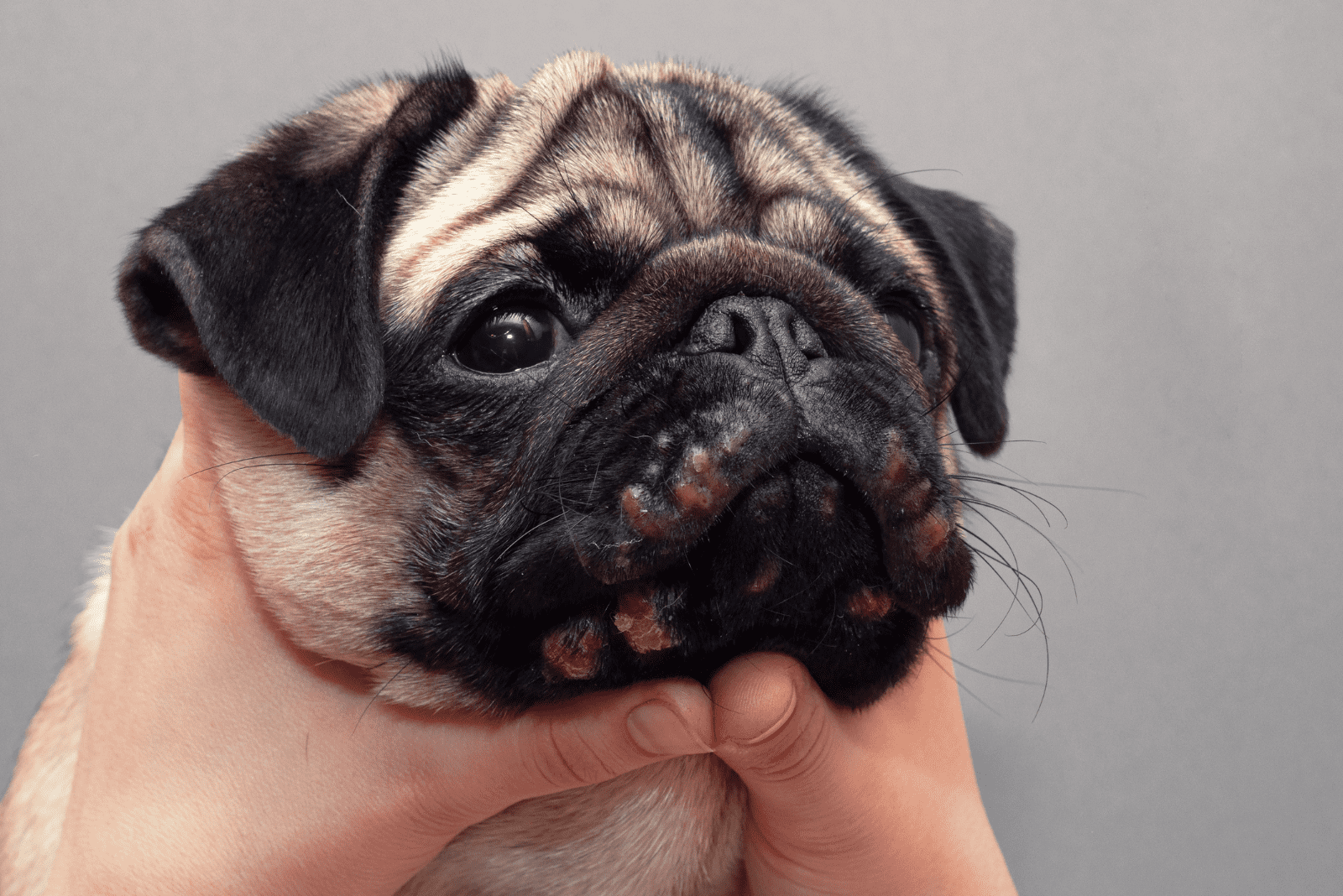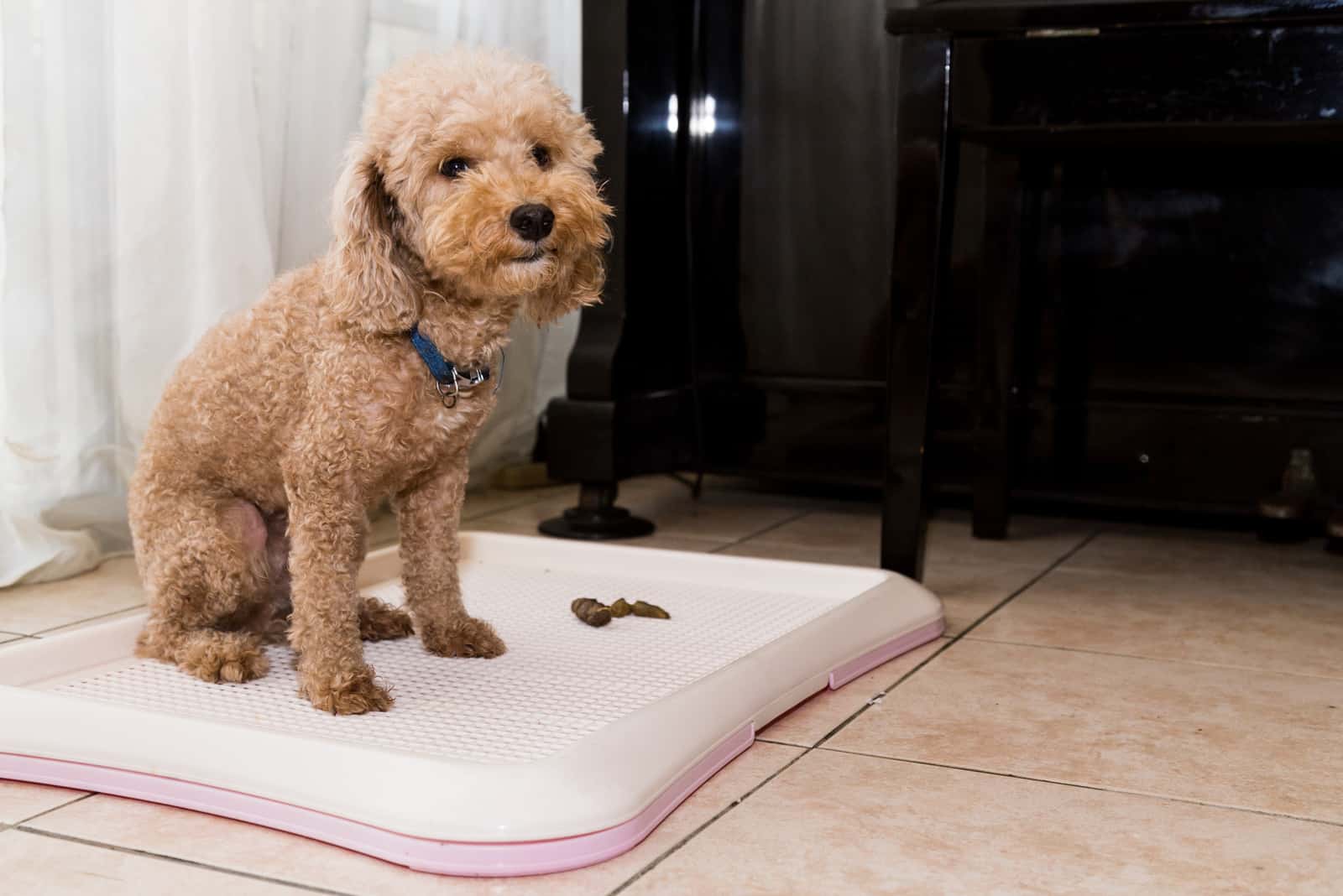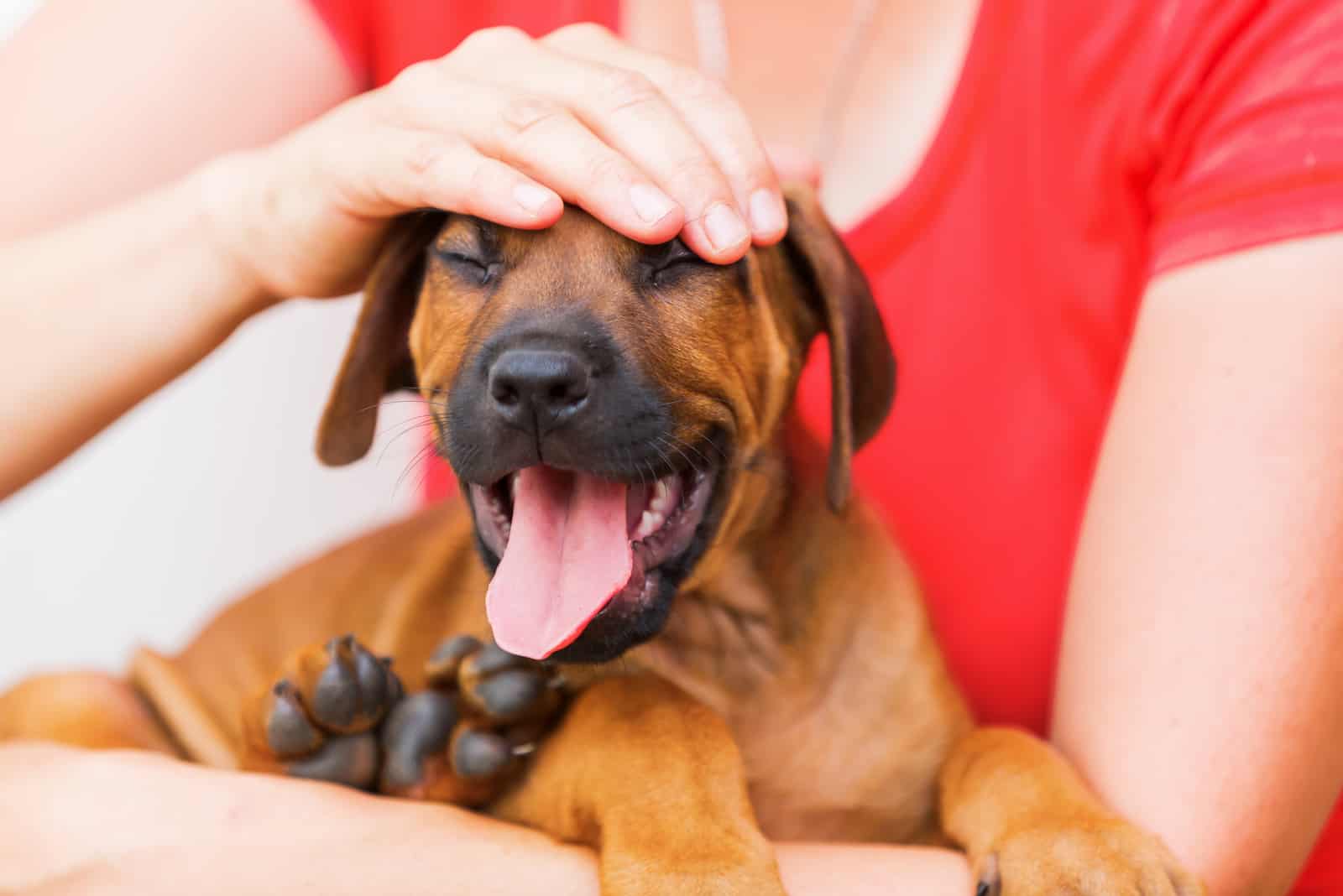You have recently welcomed a new puppy in your home. Oh, how much happiness has this puppy brought in your home and your life! But, you were surprised to hear your puppy hiccups. Why does this happen? Why does my puppy have hiccups?
Hiccups are perfectly normal for young puppies. Most dogs will have hiccups in their first months. But, you might get worried if hiccups happen too often with your puppy.
I will also explain whether frequent hiccups can be bad for your dog’s health, but, first, let’s take a look at reasons for your dog having hiccups.
Why Does My Puppy Have Hiccups?
Young puppies are quite different from adult dogs. If you haven’t had a young puppy in your life for a while, you might be surprised with some of your puppy’s behaviors.
For example, an 8-week old puppy might breathe fast while sleeping, and you don’t remember any of the adult dogs you encountered have done this.
See, young puppies are still in the process of growing, so, you might notice many strange behaviors in them, but this does not necessarily mean that something is wrong with the puppy.
So, hiccups don’t have to be a sign that your puppy is sick or something. But, they also might indicate something is happening with your puppy.
Let’s see why puppies can have hiccups.
1. Eats Or Drinks Too Fast
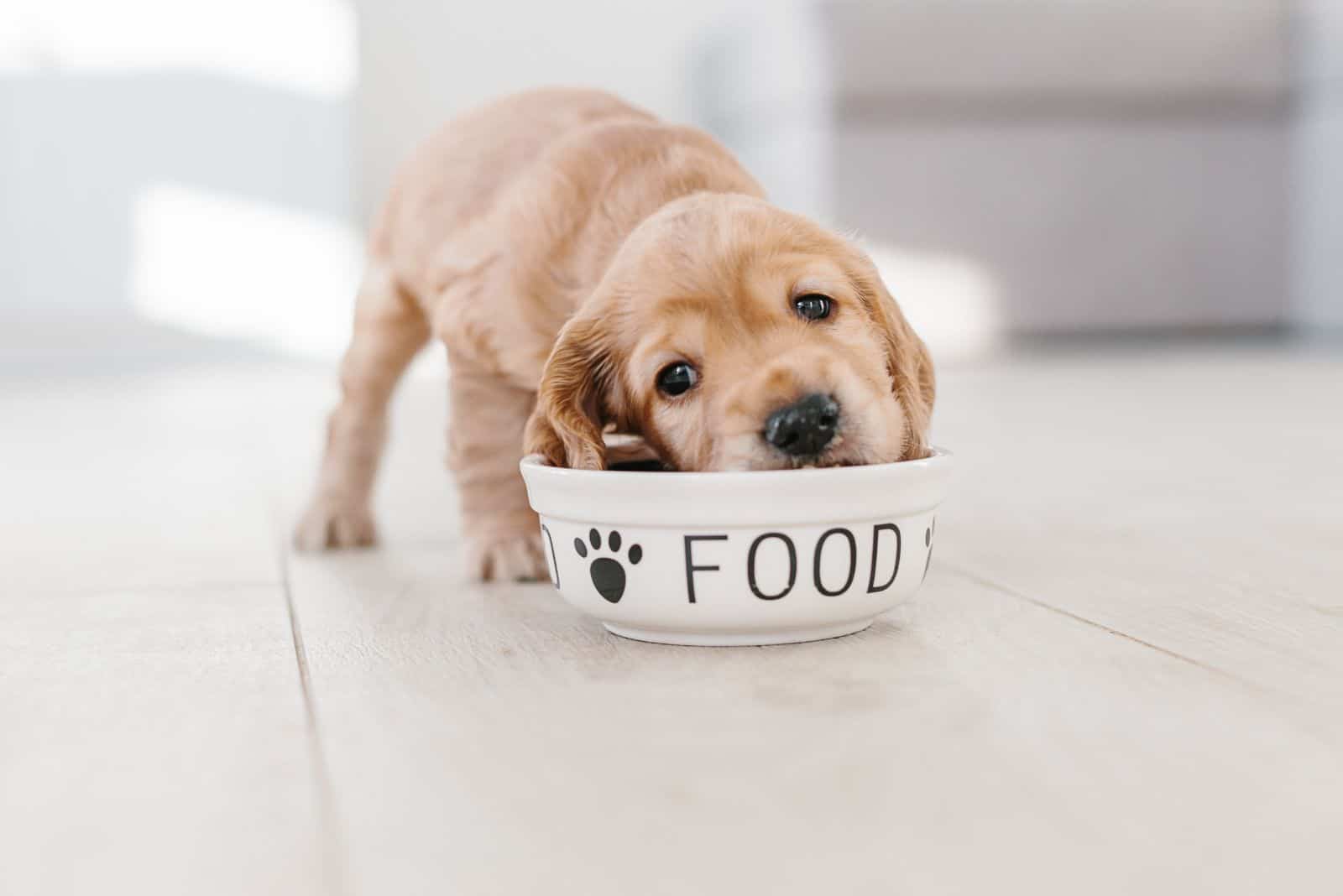
In some cases, puppies have hiccups for the most basic reason – they eat their food or drink water too fast, which causes excessive air intake.
Excessive intake of air together with a large amount of food can result in spasm of the diaphragm in puppies.
So, if your dog eats quickly, he is at a greater risk of his diaphragm spasming causing hiccups, than other dogs who eat slowly.
If you have noticed your puppy has hiccups, pay attention to the way he eats. If he eats food greedily and too quickly, this is most likely the cause of his hiccups.
2. Relieves Stomach Pain
According to some opinions, dogs hiccup to release gas, or to relieve an upset stomach.
Puppies’ stomachs are sensitive, and they should not eat food for adult dogs. Also, it is very important for dog owners not to share their food with their pets, especially when they are so young.
If you notice severe hiccups in your dogs, you should consult a veterinarian about whether you should change your puppy’s diet.
3. Too Much Excitement
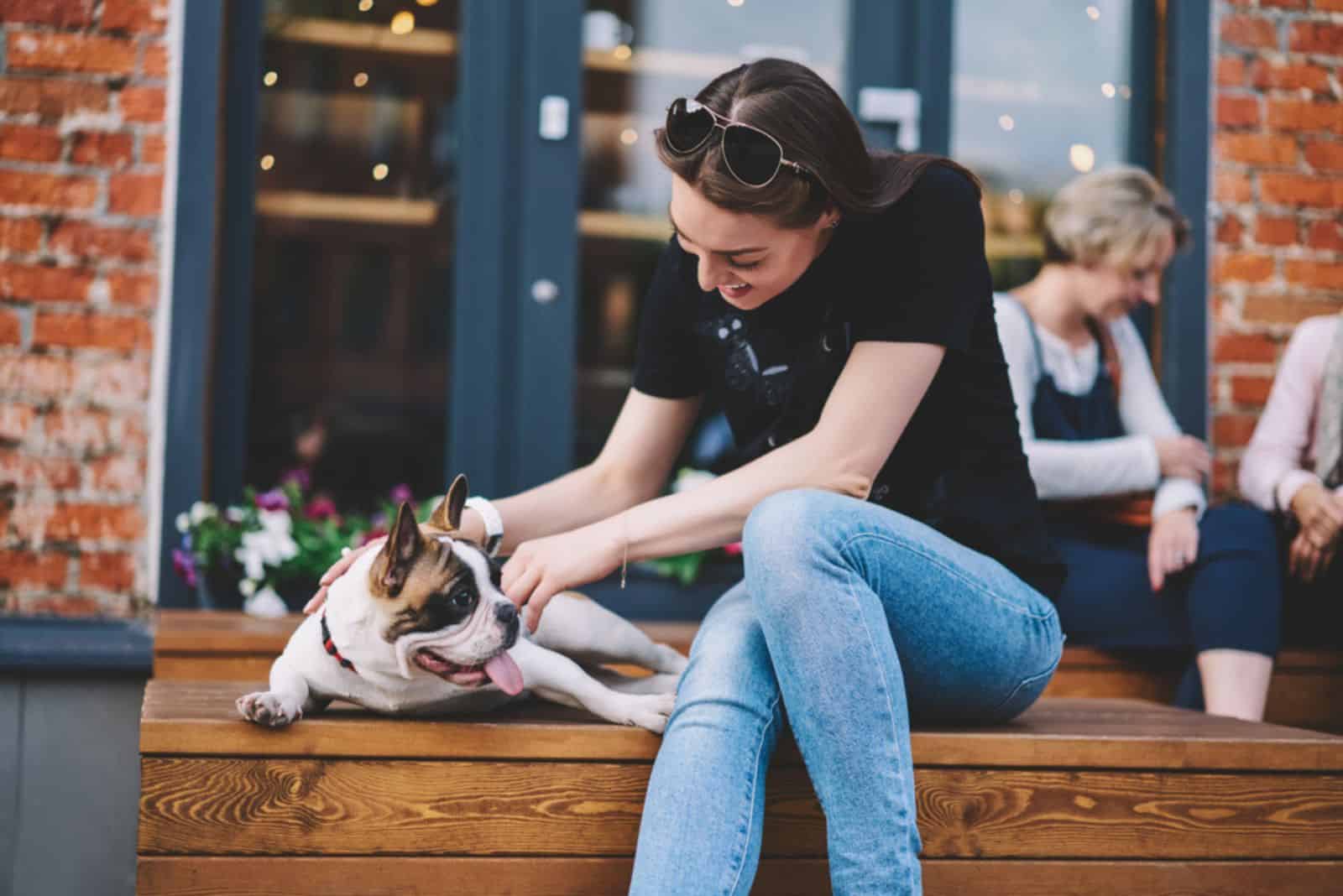
Puppies can show you their excitement with different behaviors. For example, some dogs will yelp for no apparent reason, but they actually might be super excited about something.
Your young puppy might be having hiccups because he is too excited. Maybe he is just happy to see you, or he is thrilled you are about to go for a walk, and this results in numerous hiccups.
4. Stress
Unfortunately, hiccups can show some bad emotions, rather than just that your puppy is excited.
Some puppies have hiccups when they are stressed. Stress in dogs is quite common, and it is even more common among young puppies.
What can cause stress in your young puppies? Almost anything! Your dog might be scared of strangers, new sounds, new surroundings, etc.
You should try to figure out at what moments your puppy starts to have hiccups. If you succeed in this, you might discover what situations are stressful for your puppy. Once you know this, you will be able to help him.
5. Smoke Inhalation
Cigarette smoke can also cause hiccups in puppies. If your dog is in a room where many people smoke for a longer period of time, smoke inhalation can cause irritation of the dog’s respiratory tract.
Due to this irritation, spasms can occur in the muscles of the dog’s respiratory system, which then cause hiccups.
Inhaling smoke is certainly not good for people, but is also not good for any dog, and it can be especially dangerous for brachycephalic dogs, which are more susceptible to breathing problems anyway.
6. Intense Exercise
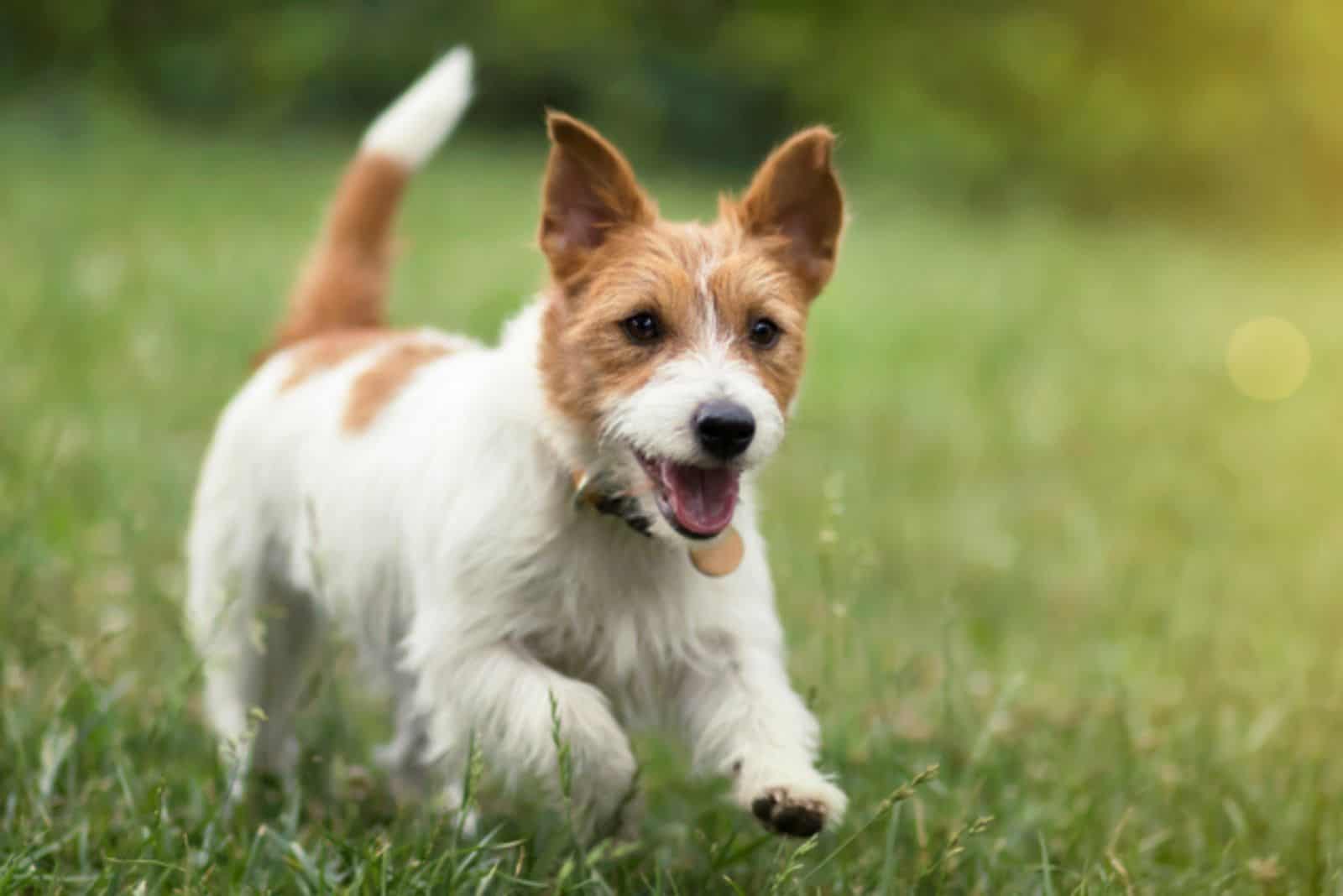
You must be aware of how exercise is important for your dog’s health. But, you should also ensure that your young puppy does not overdo the exercise sessions.
Intense exercise can negatively affect your dog’s joint growth and development, and, also, can cause hiccups in your puppy.
How can you tell your puppy has had too much exercise? Except for the hiccups, your dog might also be panting, whining, and seem to be uninterested in socializing with you.
So, just like the exercise is essential for puppies, it is even more important to not to exaggerate with the amount of exercise.
You should be especially careful with your dog’s exercise routine during hot summer months, where there is a chance of overheating in puppies, if they spend too much time outside, or don’t drink enough water.
Can Hiccups Be Serious For Puppy’s Health?
Hiccups are usually completely normal for young puppies. They usually go away when the puppy is about 6 to 9 months old.
But, if your dog is fully grown, but still seems to have frequent hiccups, you should not ignore this.
What you should do is pay attention to whether your puppy has some additional symptoms, like excessive drooling, vomiting, or respiratory difficulties.
Adult dogs that still have frequent hiccups might have permanent irritation of the diaphragm. For this reason, you should definitely take your furry friend to the vet for a check-up.
How to Help A Puppy Stop Hiccups?
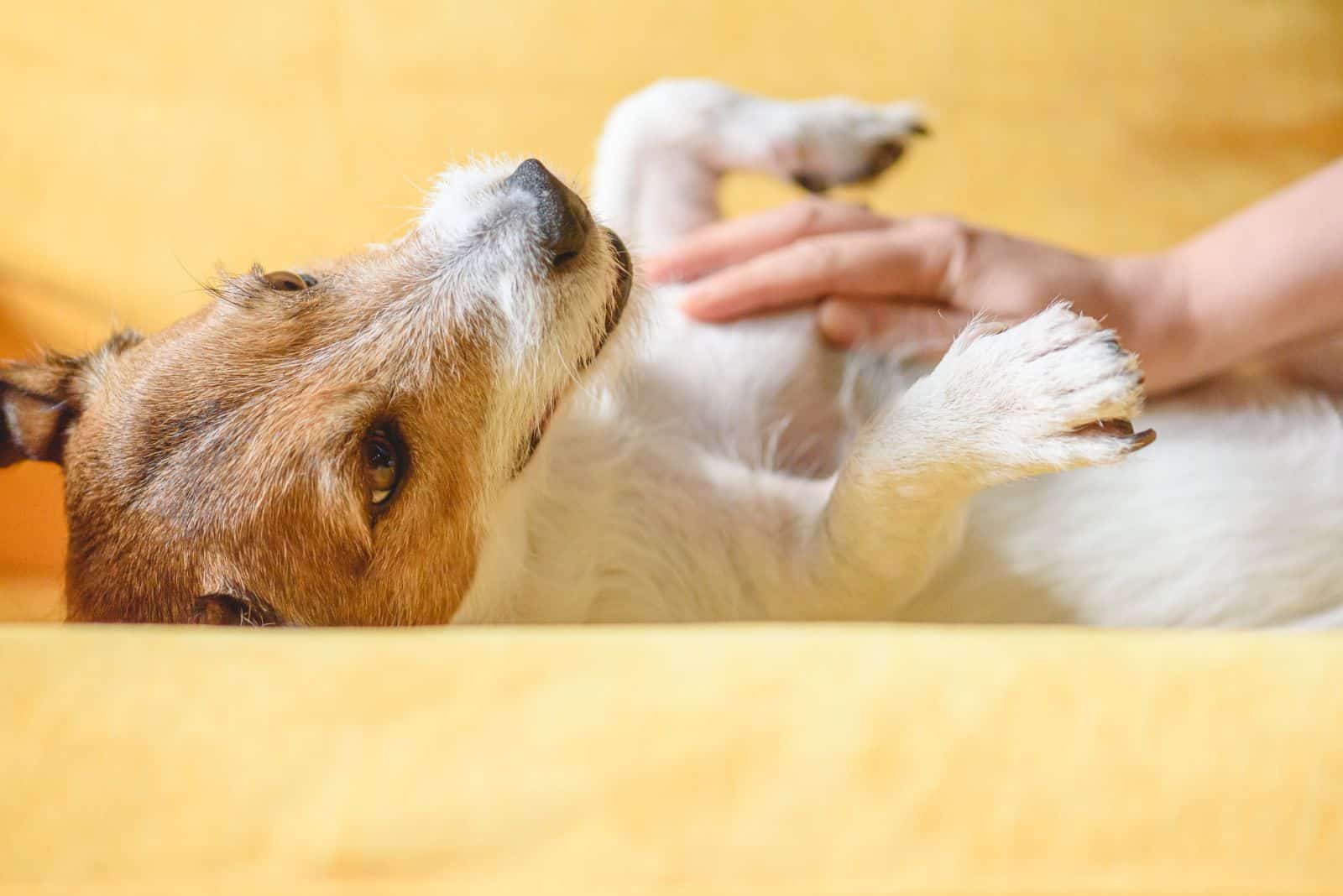
Hiccups might be harmless, but, if your puppy seems to have them too often, and it looks like he is quite uncomfortable while having hiccups, you would like to find a way to stop this, of course.
Luckily, there are some things you can do to help your puppy stop having hiccups.
First of all, you can try to gently massage your dog’s belly, throat, and chest. Just be careful not to press your dog’s body too much.
Another thing that can significantly reduce hiccups in your puppy is giving him smaller meals. You can feed your puppy more times a day, but his meals should be smaller in amount.
You can also offer your puppy water when you notice he started having hiccups. Just make sure your puppy drinks water slowly.
Taking your dog for a short walk can also be beneficial. If your dog refuses to walk at the moment, you can just take him outside to inhale some fresh air.
This might change your dog’s breathing, and slow down his heartbeats, which can stop the hiccups.
I will mention once again; if nothing seems to be helping, and your puppy continues having hiccups for several hours, you should take him to the vet’s.
Summary
If you are currently worried and wondering: Why does my puppy have hiccups?, you probably shouldn’t be scared, since hiccups are perfectly normal in young puppies.
In most cases, hiccups stop as the puppy grows up. Many of our furry companions will have hiccups after a smoke inhalation, after they have eaten too fast, or when they are excited about something.
You will probably be able to stop your puppy’s hiccups by giving them smaller amounts of meals more times a day. You can also try to massage your dog’s belly and throat.
Hiccups are mostly harmless, but this does not always have to be the case. If your puppy won’t stop having hiccups, no matter what you do, you should take it to the veterinarian’s.
Frequent and intense hiccups might cause permanent irritation of your puppy’s diaphragm, and might even be a sign of some serious health issues.
I hope you will say goodbye to your puppy’s hiccups as soon as possible!

